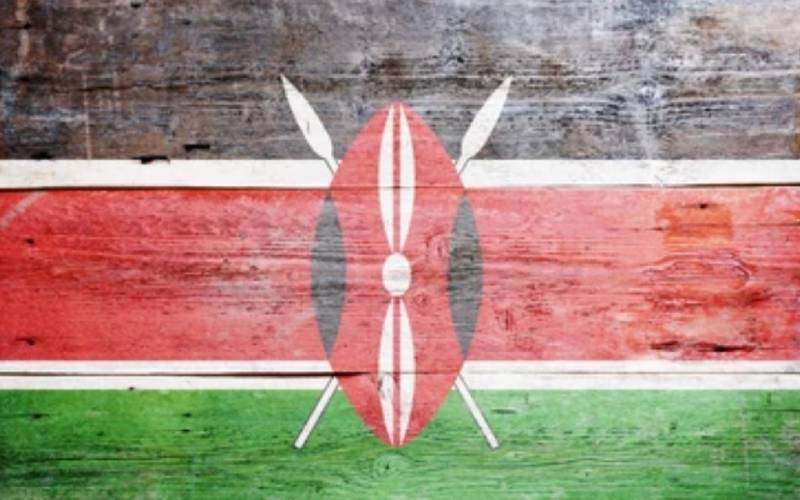×
The Standard e-Paper
Kenya’s Boldest Voice

Does Kenya have a cultural identity? After 58 years of self-rule, the answer is still not apparent.
As the country marks the first Utamaduni Day, Kenya, with a remarkable ethnic diversity of 44 tribes, is again faced with this question.